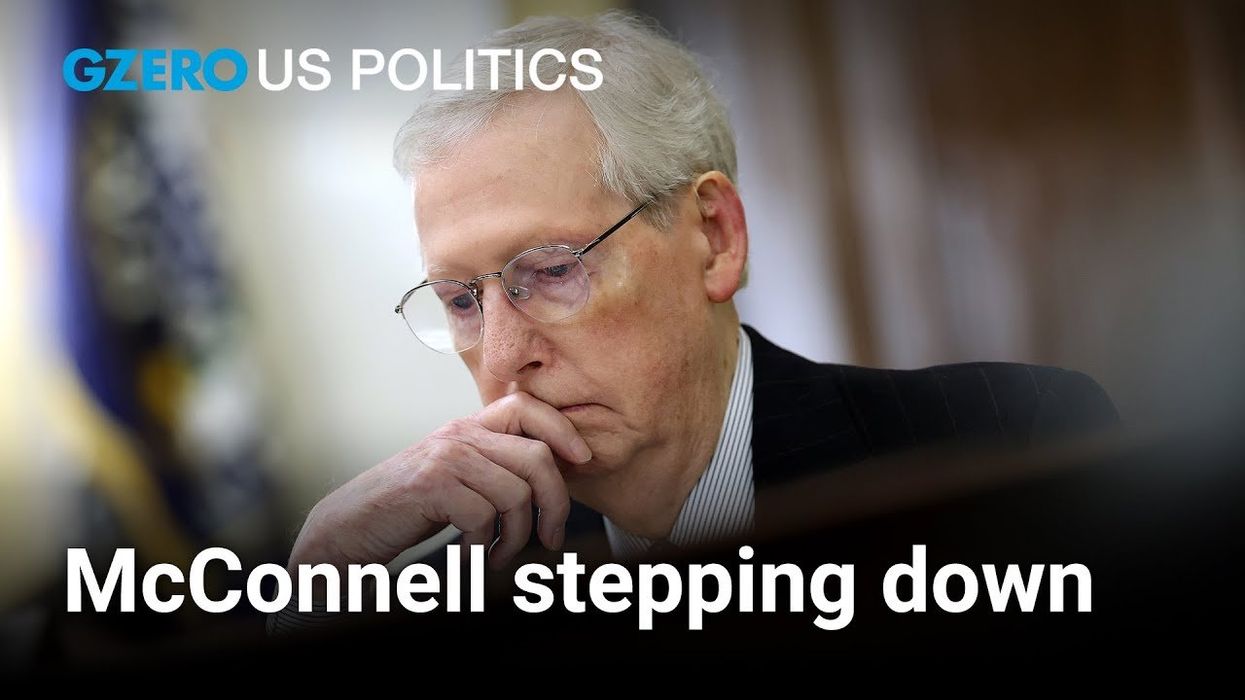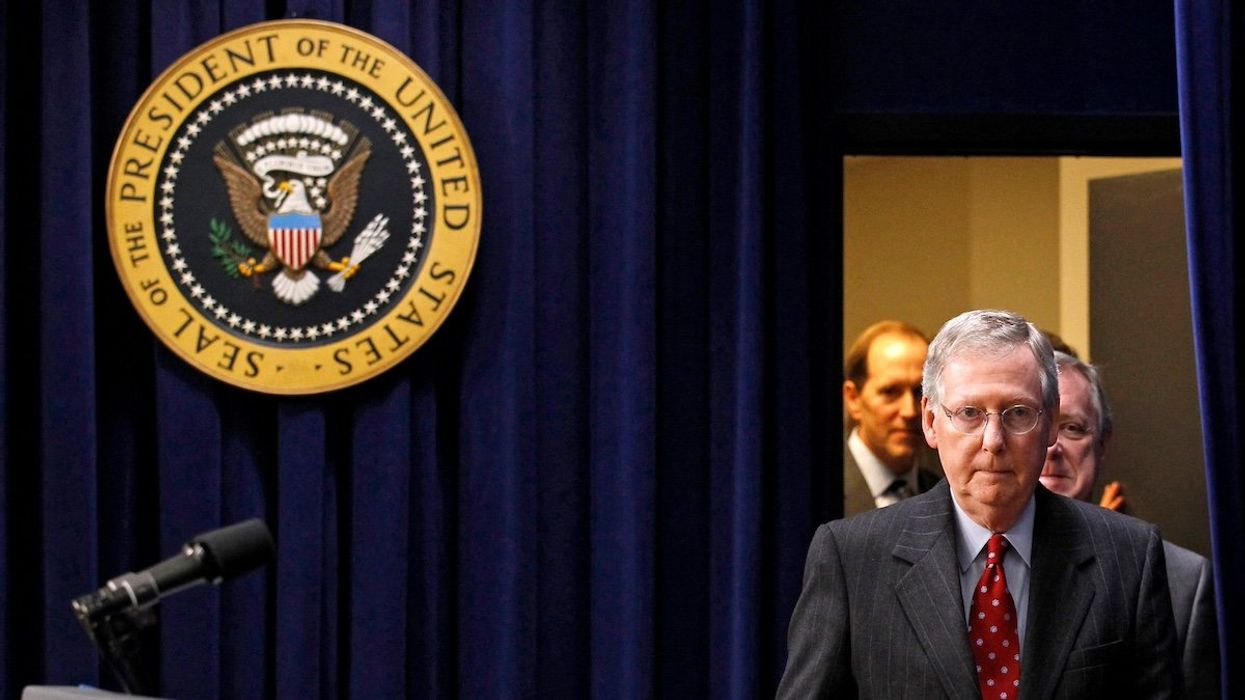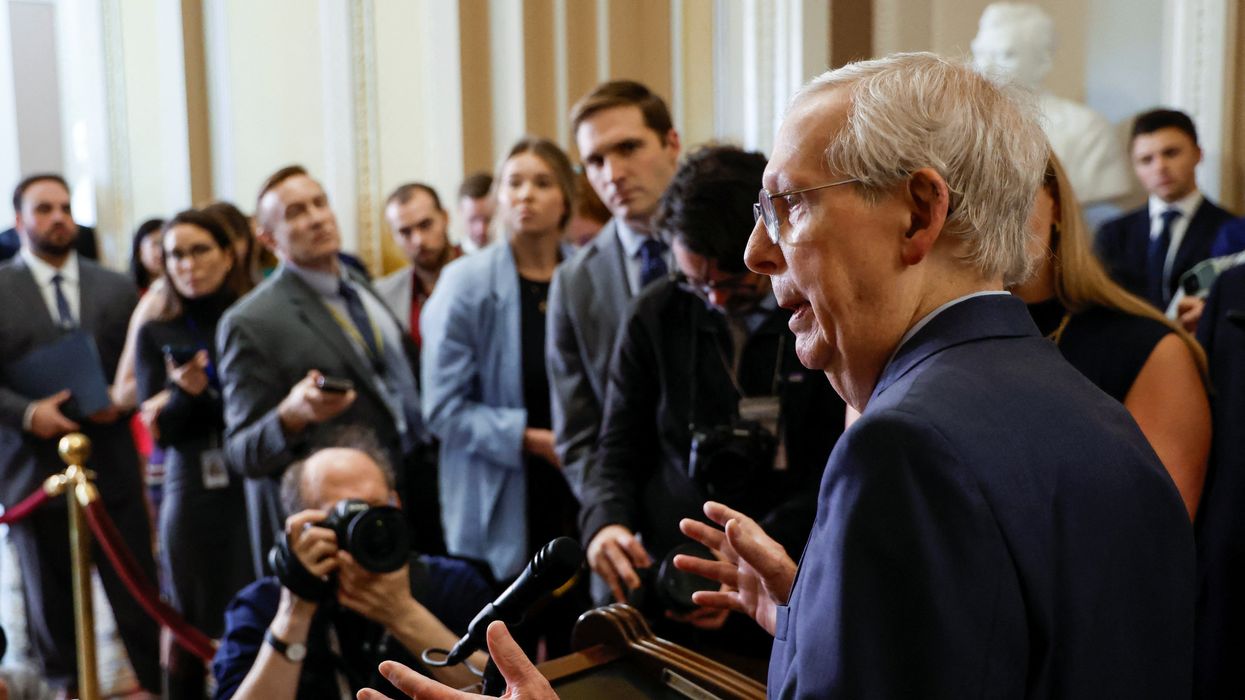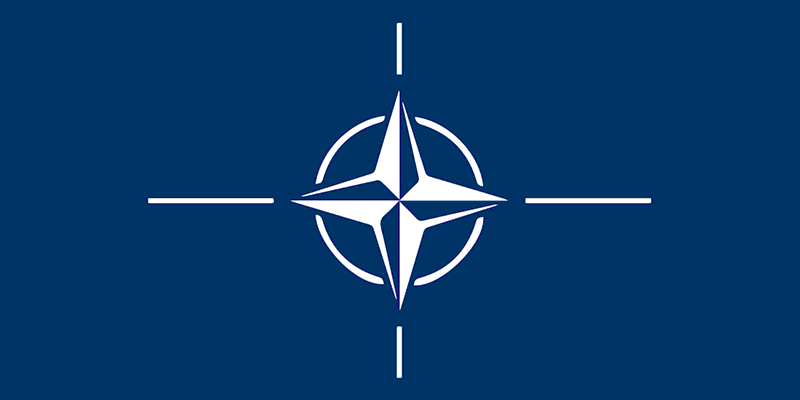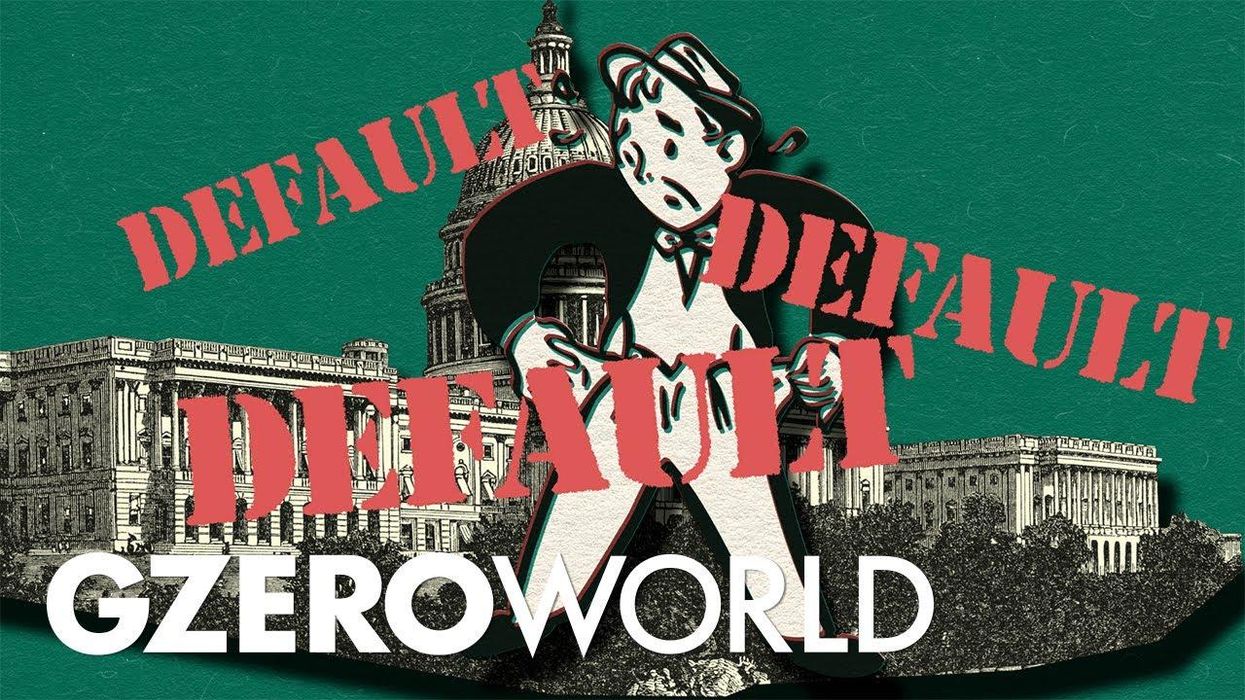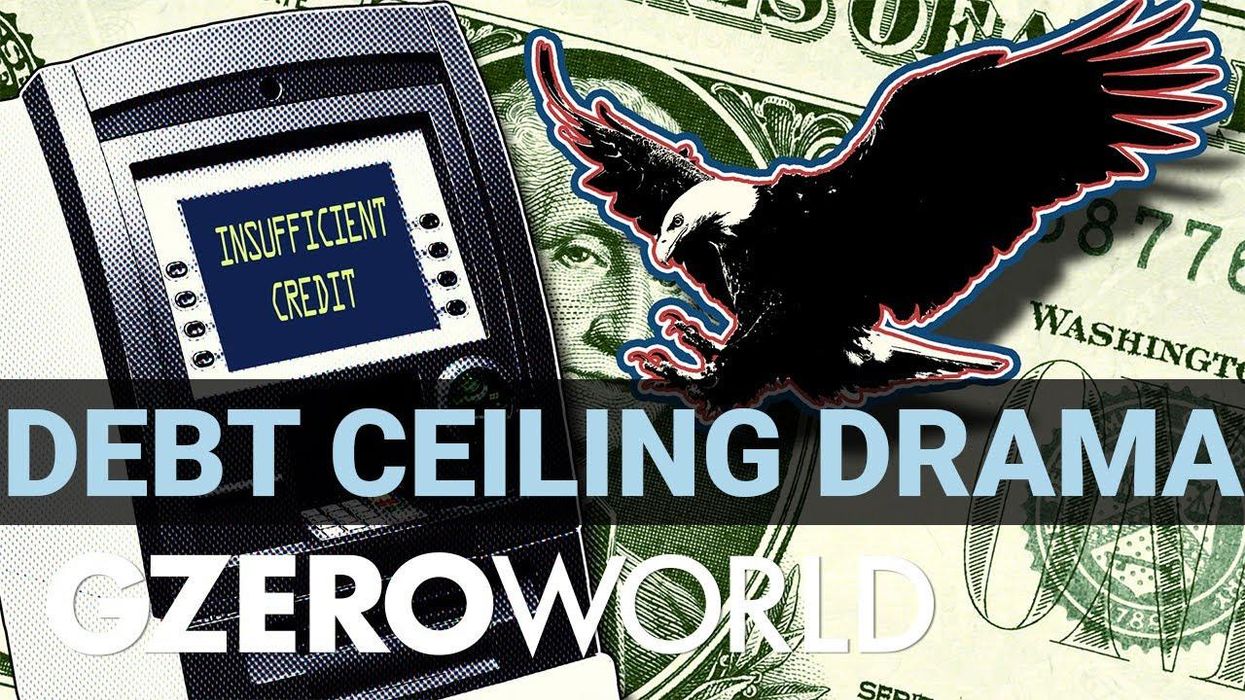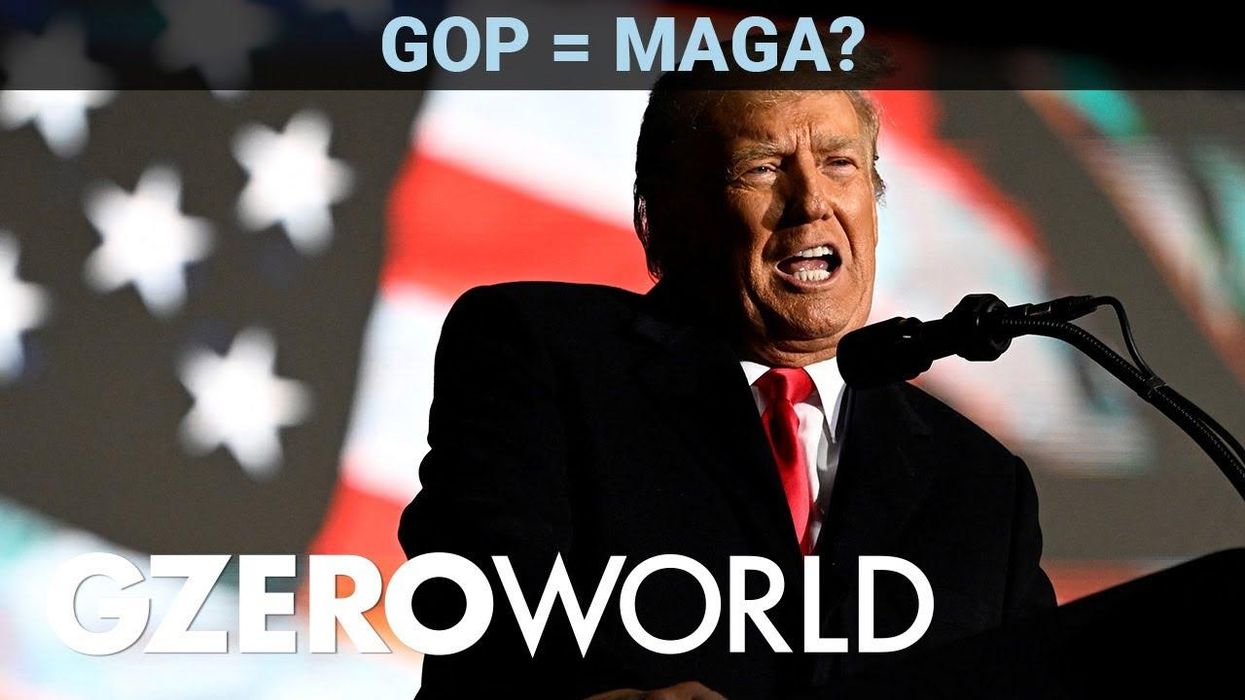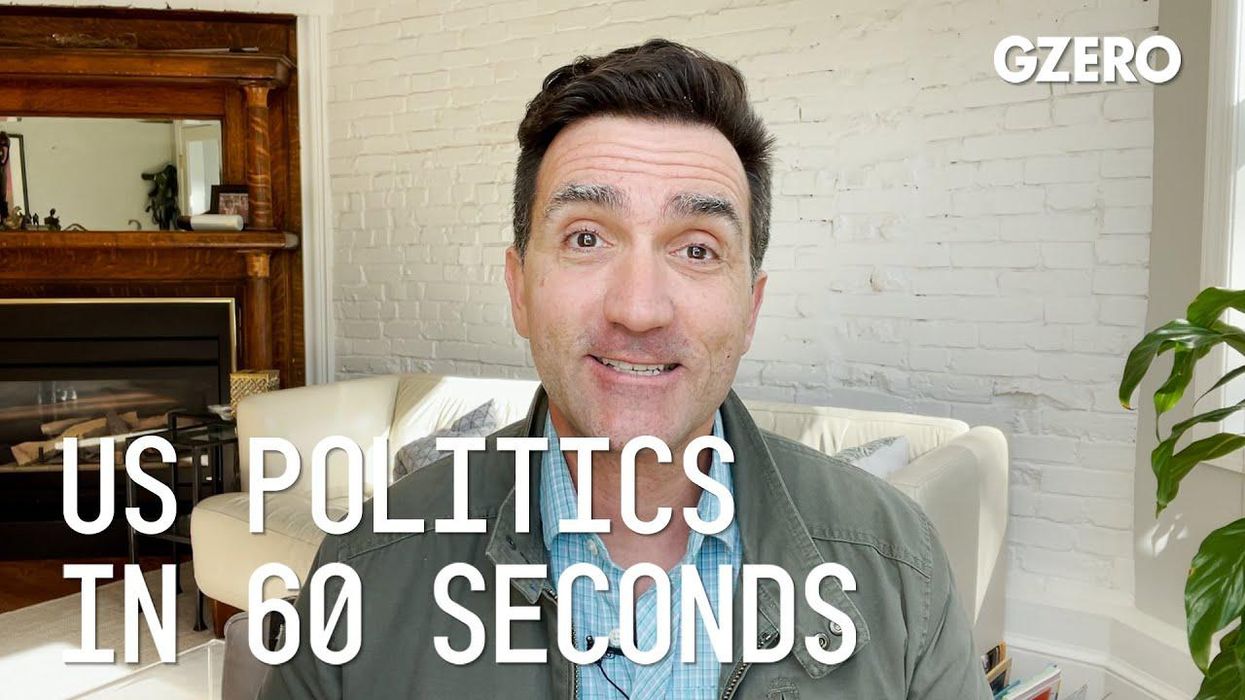US Politics In 60 Seconds
Why Mitch McConnell is stepping down
At 82 years old, Mitch McConnell does not represent the new generation of Republicans. So the time had come to pass on the torch, and McConnell chose this February to announce it. Jon Lieber, head of Eurasia Group's coverage of political and policy developments in Washington, DC shares his perspective on US politics.
Feb 28, 2024
